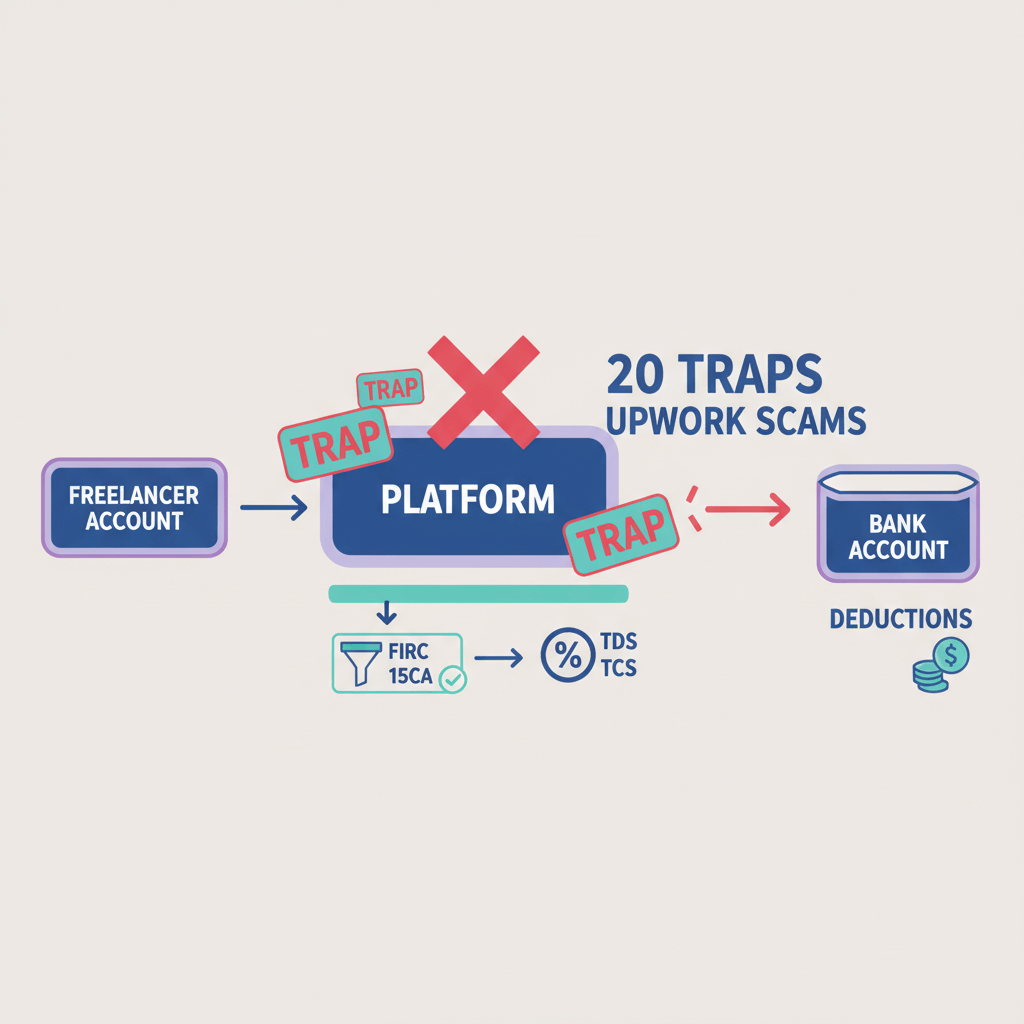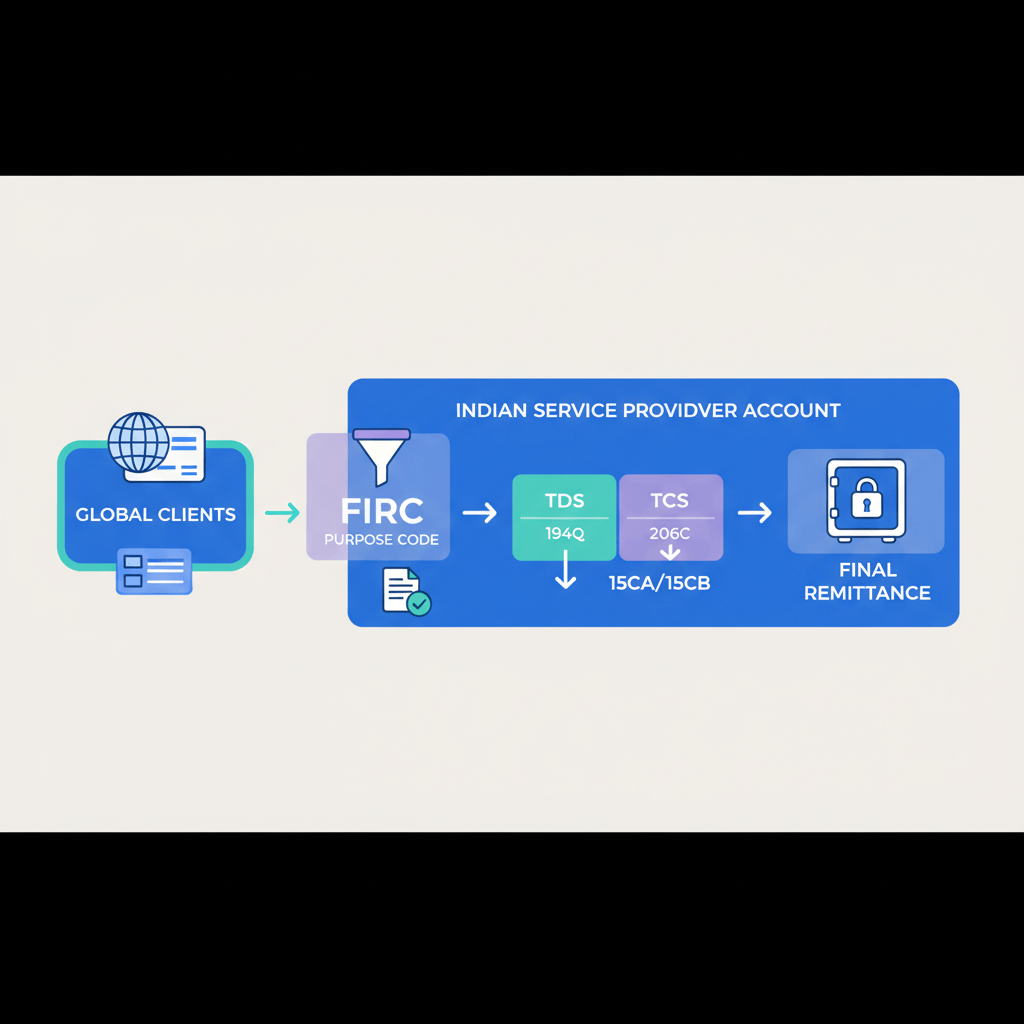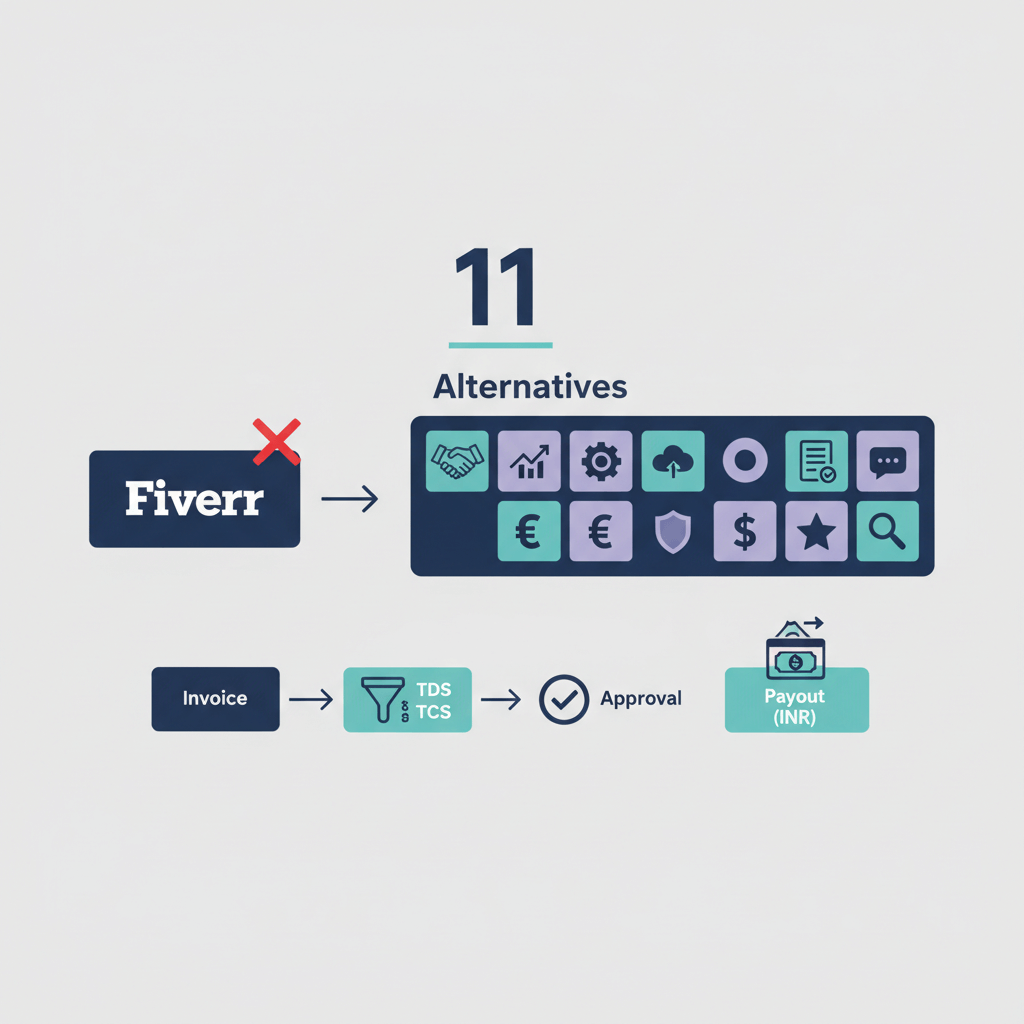What is the CA certificate for money transfer?
In the context of business outward remittance from India, the CA certificate for foreign outward remittance serves as an essential document verifying various aspects of the transaction. When a business in India plans to transfer funds abroad for purposes such as overseas investments, payment for imports, or establishing subsidiaries or branches overseas, obtaining a CA certificate becomes necessary.
In this scenario, the CA certificate typically includes details like the purpose of the remittance, the source of funds, compliance with foreign exchange regulations, and any relevant tax implications. It ensures that the outward remittance aligns with the regulations set forth by the Reserve Bank of India (RBI) and other regulatory authorities.
Securing a CA certificate for business outward remittance demonstrates transparency and compliance with regulatory standards. It provides confidence to financial institutions, regulatory bodies, and overseas counterparts that the remittance is legitimate and meets all legal and financial requirements.
Businesses involved in outward remittances from India often seek assistance from qualified Chartered Accountants to obtain the necessary CA certificate, ensuring seamless and compliant international fund transfers.
Who provides a CA certificate for foreign outward remittance?
A Chartered Accountant (CA) is responsible for providing the CA certificate for foreign outward remittance. In India, individuals and businesses seeking to transfer funds abroad for various purposes, such as investments, imports, or expanding overseas operations, often require this certificate to comply with regulatory norms.
Chartered Accountants are qualified professionals authorized to certify financial documents and ensure adherence to applicable laws and regulations. When issuing a CA certificate for foreign outward remittance, the CA verifies details such as the purpose of the remittance, the source of funds, compliance with foreign exchange regulations, and any associated tax implications.
Businesses and individuals typically enlist the services of a CA to obtain the necessary certificate for their outward remittance transactions. The CA's role is crucial in ensuring that the remittance process proceeds smoothly and aligns with legal and financial standards.
What is a sample CA Certificate Format for Foreign Remittance?
Below is a commonly used CA Certificate Format. It includes exemptions based on the Double Taxation Avoidance Agreement (DTAA). This format ensures compliance with Section 195 of the Income Tax Act, 1961, and the applicable provisions of the DTAA.
Sample CA Certificate Format for Technical Fees Payment under DTAA
To Whomsoever It May Concern
This is to certify that we, [CA Firm Name] with (FRN: [FRN Number]), have verified the accounts, agreements, and relevant documents of [Company Name], PAN [PAN Number], having its office at [Company Address], regarding the payment of [Amount in INR/Foreign Currency] to [Beneficiary Name], located in [Country], for [Nature of Payment – e.g., technical services.].
Transaction Details
- Beneficiary Name
- Country of Beneficiary
- Amount
- Nature of Payment
- DTAA Article Applied
- Tax Rate under IT Act
- Tax Rate under DTAA
- TDS Deducted: [Amount Deducted]
Declaration
- The remittance qualifies for the reduced tax rate under the DTAA between India and [Beneficiary Country].
- Necessary conditions, including verification of the Tax Residency Certificate (TRC) and No PE Declaration, have been met.
- Tax has been withheld and deposited per Section 195 of the Income Tax Act.
Details of CA Firm
NameMembership NoDate
Place
Signature
(Chartered Accountant)
Is Form 15CA mandatory as a CA certificate for foreign remittance?
Yes, Form 15CA is indeed mandatory for foreign remittances under certain circumstances. It serves as a declaration of remittance submitted by individuals or businesses to the Income Tax Department of India. Form 15CA becomes necessary for any remittance directed towards a non-resident or a foreign entity, except for those transactions falling under specific exemptions or lower withholding tax rates.
This form plays a crucial role in gathering information about the purpose and nature of the remittance, ensuring compliance with Indian tax laws and regulations. Its purpose is to enable tax authorities to monitor foreign remittances and ensure that any applicable taxes are either deducted at the source or paid by the remitter.
The obligation to furnish Form 15CA is contingent upon various factors, including the amount of the remittance, the intended purpose, and whether Double Taxation Avoidance Agreements (DTAA) are applicable. It's advisable for individuals and businesses to seek guidance from tax advisors or financial experts to ascertain whether Form 15CA is mandatory for their specific remittance transactions.
Who is eligible for Form 15CA?
Form 15CA is necessary for individuals or entities making payments or remittances to non-residents or foreign entities. Mandated by the Income Tax Department of India under the provisions of the Income Tax Act, 1961, this form is required for specific types of transactions.
Eligibility for Form 15CA depends on the purpose and nature of the remittance. Typically, individuals or entities remitting funds abroad for various purposes such as foreign investments, import payments, overseas travel expenses, education fees, or other cross-border transactions may need to submit Form 15CA.
It's important to understand that the requirement for Form 15CA may vary based on factors like the amount of remittance, the intended purpose, and any applicable exemptions or lower withholding tax rates. Seeking advice from tax advisors or financial experts can help individuals or entities determine their eligibility and compliance obligations for Form 15CA.
Who needs to file form 15CA?
Form 15CA must be filed by individuals or entities that are transferring funds or making payments to non-residents or foreign entities. This requirement is stipulated by the Income Tax Department of India under the provisions of the Income Tax Act, 1961, and applies to specific types of transactions.
The necessity to file Form 15CA is contingent upon the purpose and nature of the remittance. Individuals or entities remitting funds abroad for activities such as foreign investments, import payments, overseas travel expenses, education fees, or other cross-border transactions are typically required to submit Form 15CA.
It's crucial to recognize that the obligation to file Form 15CA can vary based on factors like the amount of remittance, the intended purpose, and whether any exemptions or reduced withholding tax rates are applicable. Individuals or entities should seek advice from tax advisors or financial experts to ascertain their specific filing requirements for Form 15CA.
How do I get my CA certificate for foreign outward remittance?
To obtain a CA certificate for foreign outward remittance, you typically follow these steps:
- Engage a Chartered Accountant (CA): Seek the services of a qualified CA who is authorized to issue certificates for such remittances.
- Provide Necessary Information: Furnish the CA with all relevant details regarding the outward remittance from India, including its purpose, the source of funds, compliance with exchange regulations, and any tax considerations.
- Documentation: Prepare all required documents as per the CA's specifications. This may include invoices, agreements, tax records, and other pertinent paperwork.
- Submission: After receiving the CA certificate, submit it along with other necessary documents to the bank or financial institution facilitating the remittance.
- Follow-up: Stay in communication with both the CA and the bank to ensure a smooth remittance process and compliance with all requirements.
- Compliance: Ensure adherence to any additional regulations or stipulations from regulatory authorities in both India and the recipient country.
What are the charges for CA certificate for foreign outward remittance?Are they free?
Alas, CA certificates are anything but free. The issuance of CA certificates for foreign outward remittance typically involves a professional fee of Rs 2000 - Rs 5000 charged by the Chartered Accountant (CA) providing the service. This fee varies based on factors such as the complexity of the transaction, the amount of documentation required, and the CA's pricing structure. It is best to go through a financial service that provides these services for free.











